Japanese animation hit Italy hard, starting on evening in April 1978, when Go Nagai’s Grandizer – in our country known as Goldrake – was first broadcast by our national television. The kids went crazy, the parents went crazy too. For the kids, after years of Hanna-Barbera cartoons, the idea of a serialized drama featuring giant monsters and fighting robots was mind-blowing. To chronically concerned parents, the idea of TV cartoons about fighting monsters and stomping cities was horrifying – and their kids’ enthusiasm sent them round the bend: all sorts of weird stories started circulating, from young kids plummeting to their deaths by jumping from windows trying to emulate the main characters of the series, to the diabolical plot of the Japanese government, that created anime with computer technology to “brainwash our children into emotionless samurai”.
It was pretty crazy – and the guys had no idea soon they’ll have to deal with videogames and roleplaying games. Concerned parents and those that preyed on them were about to have a field day, but these were only the opening shots.
At 11, I liked Grandizer/Goldrake enough, but I was already a science fiction reader, and found the science fiction side of the series to be dodgy, and the plot somewhat repetitive. So yes, I would watch the series, but I did not share my friends’ enthusiasm for it. It was OK, I guessed.
Everything changed a few months later, when our national TV gave us another cartoon from Japan: Captain Harlock.
A proper space opera, featuring piracy in space, an alien invasion, a dystopian future Earth and a side of ancient mysteries and space archaeology.
I instantly became a fan.
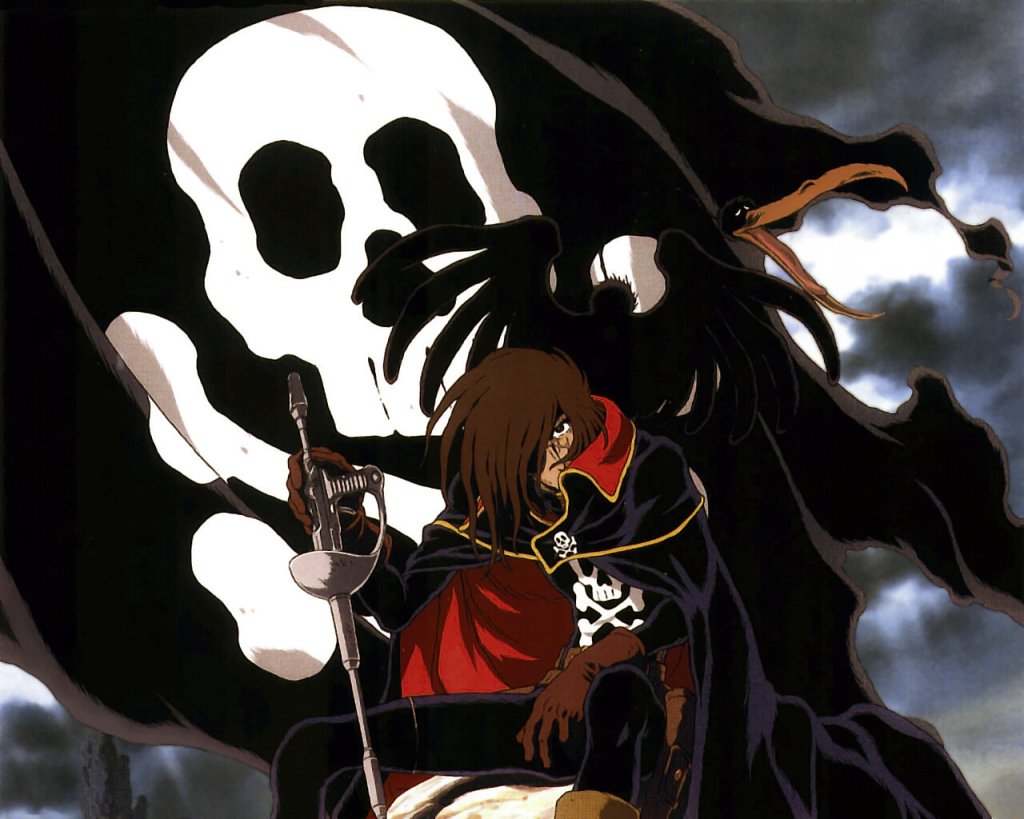
I liked the story, the characters, the ideas, the music – a mix of symphonic and space jazz – and I liked the art. The style of the series was instantly recognizable, and as the floodgates opened and more series were hastily translated and distributed by the budding commercial TV stations in our country, the style popped up again and again.
Long-limbed heroes, runty comedy relief characters, long-necked blond women… but also the sense of wonder of space adventure, and a strong pulp/classic SF influence. Those elements were always there.
In space giant robots stories (Danguard Ace), in space-fantasy adventures (Starzinger), in military space opera (Starblazers/Space Battleship Yamato), in when-worlds-collide space catastrophe (Queen Millennia), in that weirdly melancholy space adventure on a train (Galaxy Express 999), in more space pirate shenanigans (Queen Emeraldas).
Space was the constant element, as was the artwork.
In some cases characters crossed over, or appeared in multiple series that did not fit together, creating continuity hell. But it was all right – for a kid in love with science fiction, everything coming from that space cartoon guy was fine.
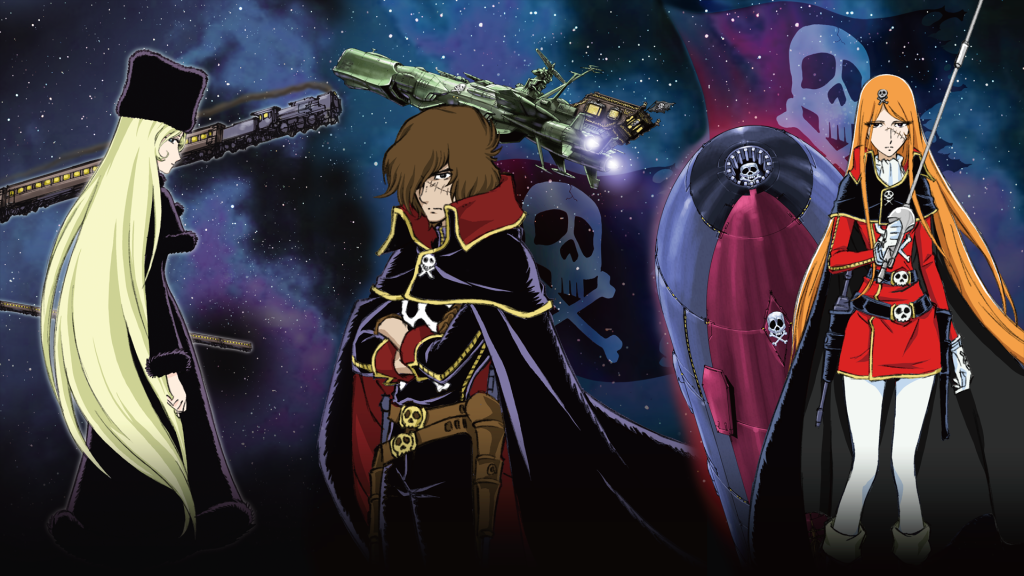
The space cartoon guy was Leiji Matsumoto, class of 1938 (he was three weeks younger than my mother), and the recent news of his death, at the age of 85, did not come as a shock (he had been in poor health for quite a while), but was a painful moment for me.
With his space opera stories, and his distinctive style, Matsumoto was one of the authors and artists that had a strong impact on me as a kid, and kept exerting his influence in later years.
I was delighted – but not surprised – when I discovered Matsumoto had illustrated the Japanese editions of the C.L. Moore stories of Northwest Smith and Jirel of Joiry, works of which he was apparently a fan, just like I was.
Matsumoto’s Northwest Smith is basically indistinguishable from Captain Harlock, and his Jirel is just another long-necked, long-haired “Matsumoto blonde” – but that’s OK with me.
Back when my friends were raving about giant robots and our parents were expecting some kind of cultural apocalypse, the stories derived from Leiji Matsumoto’s comic books gave me my fix of space opera, with sweeping vistas of strange planets, starship battles, and an ever-present sense of wonder, mixed with the bitter-sweet sense of humanity’s awe in front of the vastity of space.
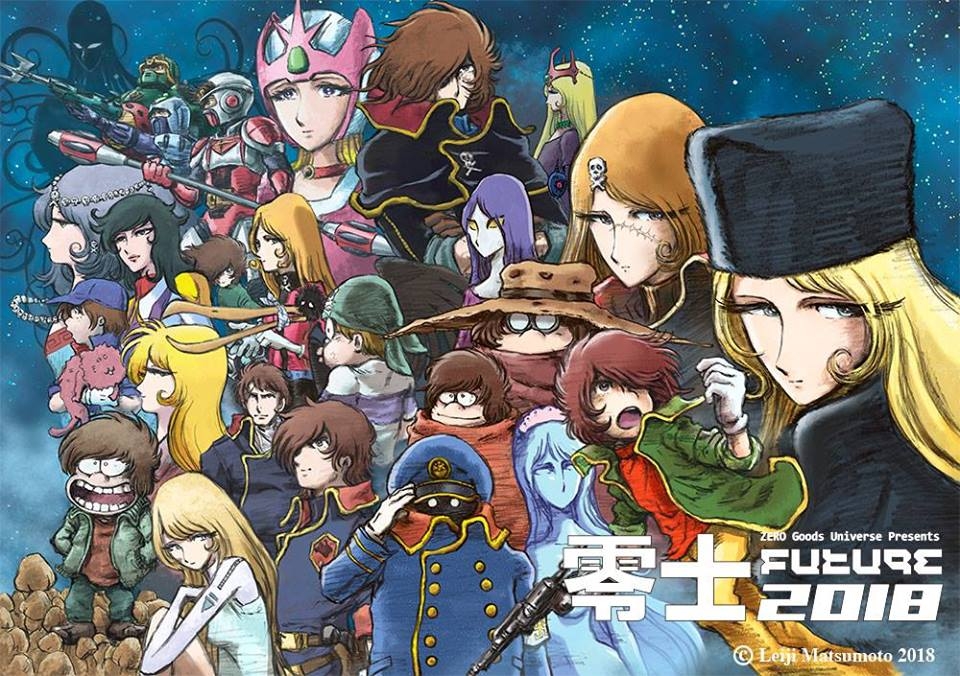
My lack of sympathy for the local otaku and manga-maniacs is on record, and I have distanced myself from that subculture in the last twenty years, tired of the drama and the childishness of some fans.
But I still am a fan, of the medium, of the stories, of the artists.
Among those, Leiji Matsumoto is one of a handful that will always remain with me, influencing the way in which I think about stories, in the way I imagine my characters.
In my dreams of the vast sea of space.
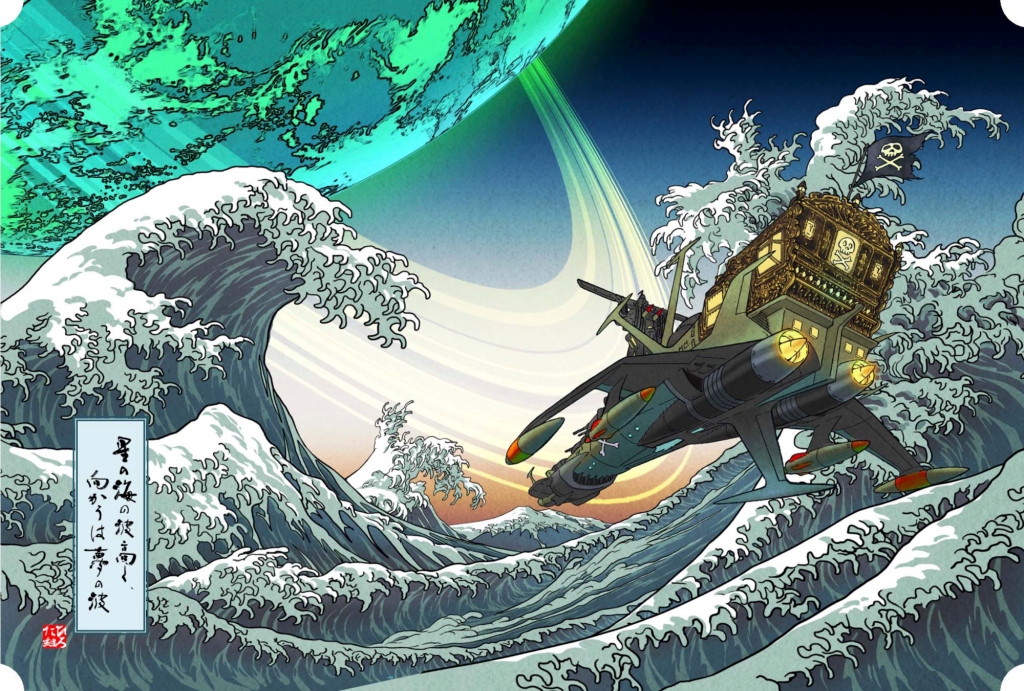

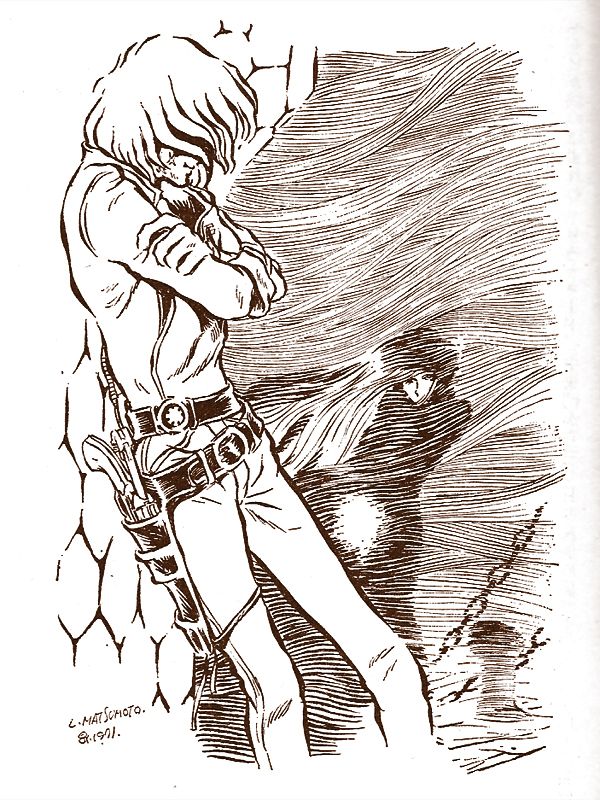
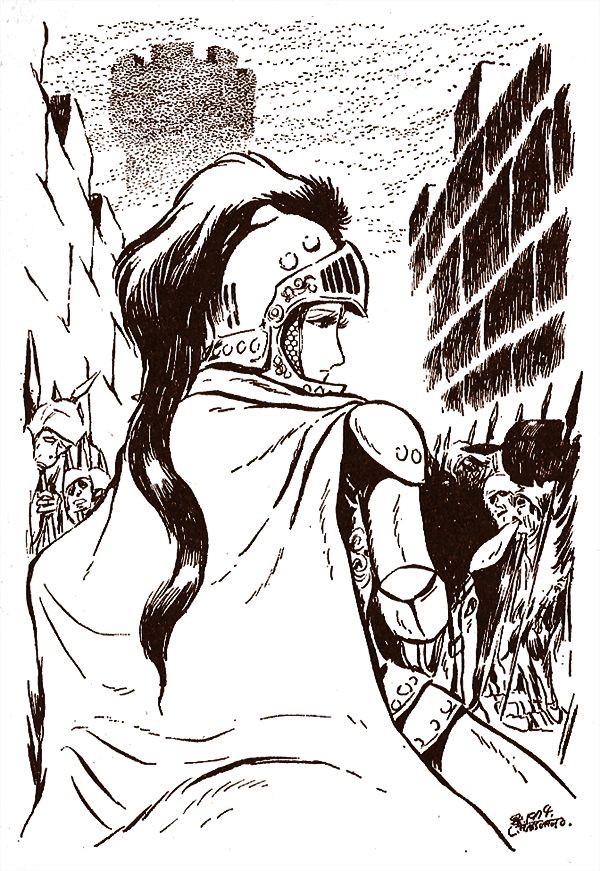
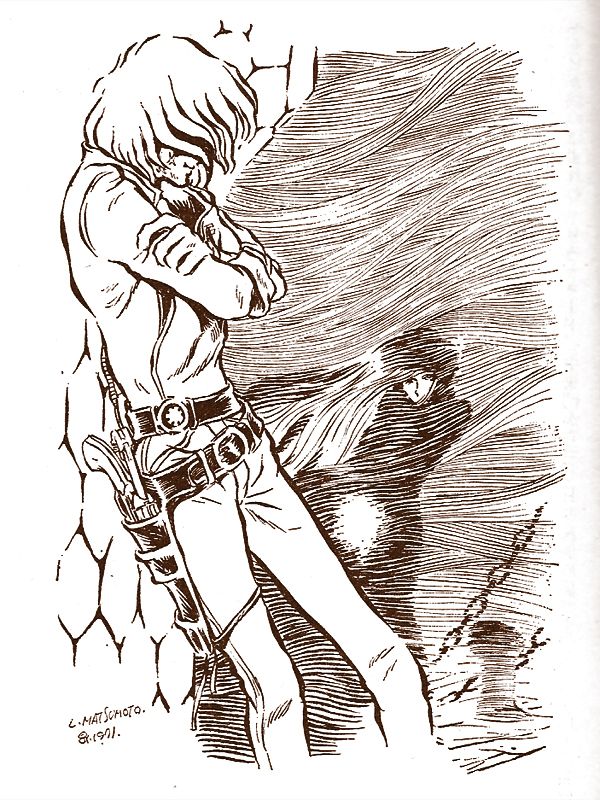

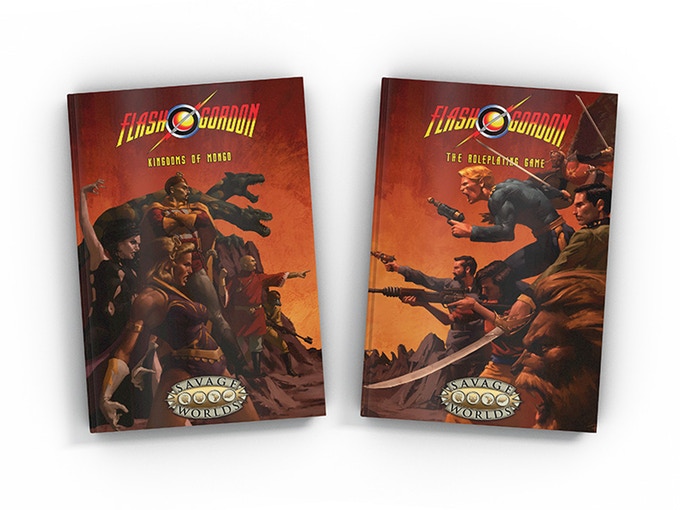
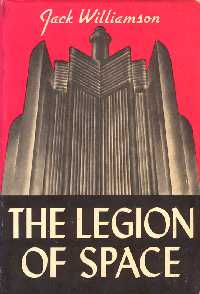 Forty years ago exactly I was about to turn ten.
Forty years ago exactly I was about to turn ten. The Queen of Space Opera was born 100 years ago, on December the 7th 1915, in
The Queen of Space Opera was born 100 years ago, on December the 7th 1915, in